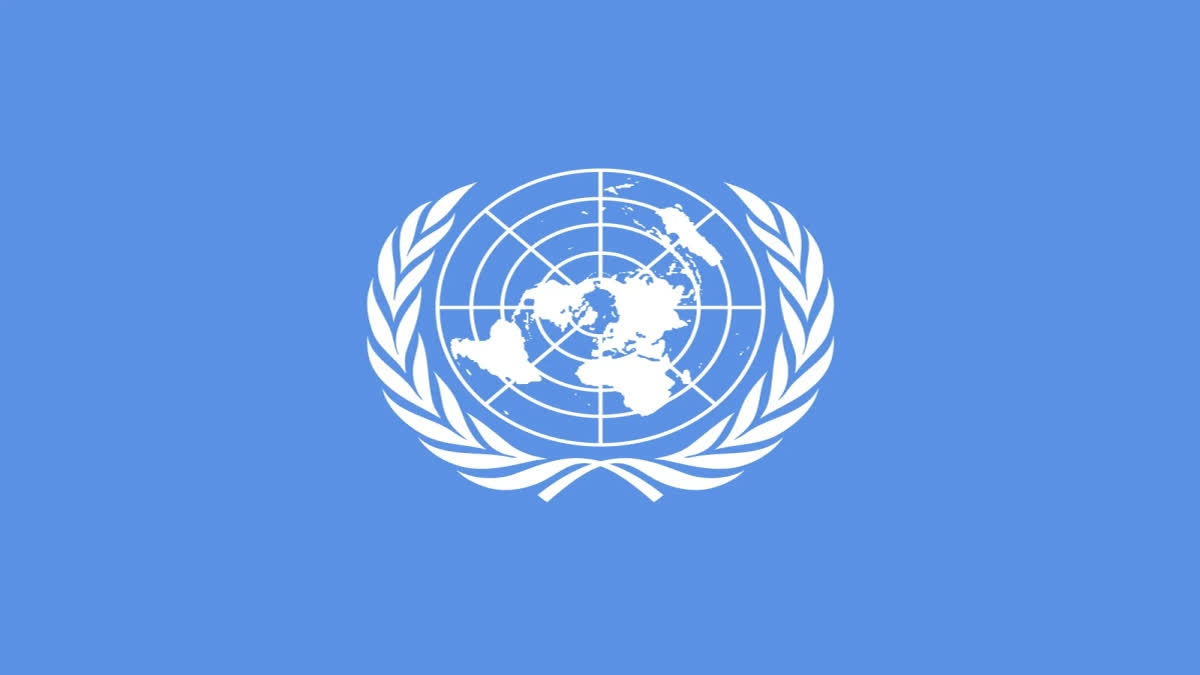New Delhi: Human rights in Canada have been scrutinsed by a United Nations (UN) report for not adequately safeguarding the rights of migrant workers.
The report emphasised that Canada's "Temporary Foreign Worker Program" is a breeding ground for modern forms of slavery, institutionalising power imbalances that favour employers and impede workers from asserting their rights.
The Temporary Foreign Worker Program (TFWP) permits Canadian employers to hire foreign nationals to address temporary labour and skill shortages. In addition to the TFWP, there are other immigration programs available to foreign nationals who want to work in Canada.
In 2018, there were 84,004 permit holders under the Temporary Foreign Worker Program, and by 2022, this number had increased to 135,818. The report was authored by Professor Tomoya Obokata, the UN's Special Rapporteur on contemporary forms of slavery.
The critical report stated that Canada jeopardises its standing as a global advocate of human rights if it does not take more decisive action to reform laws and policies that enable the exploitation of vulnerable workers and provide adequate redress and rehabilitation to exploitation and abuse victims.
The report urged Canadian authorities to address the underlying causes of modern forms of slavery, including poverty, inequality, and discrimination, exacerbated by the legacies of colonialism and racism, as well as the housing crisis, specifically the severe shortage of social and transitional housing.
The UN Special Rapporteur Tomoya Obokata visited Canada from August 23 to September 6, 2023, and the report has recently been made public. The rapporteur visited Ottawa, Moncton, Montreal, Toronto, and Vancouver to assess the Canadian government's efforts to prevent and address modern forms of slavery.
The report indicated that during his visit, the Special Rapporteur noticed that Canada must do more to combat the systematic, intersecting forms of discrimination faced by Indigenous Peoples, women, gender-diverse individuals, migrants, and persons with disabilities.
The report recommended that the Canadian government address the situation of migrant workers by guaranteeing all migrant workers a clear pathway to permanent residency and by removing barriers to healthcare, such as lack of transportation and medical interpretation.
It also suggested creating a single point of contact for migrant workers to report all types of abuse, including labor, housing, and healthcare issues.
Read More:



